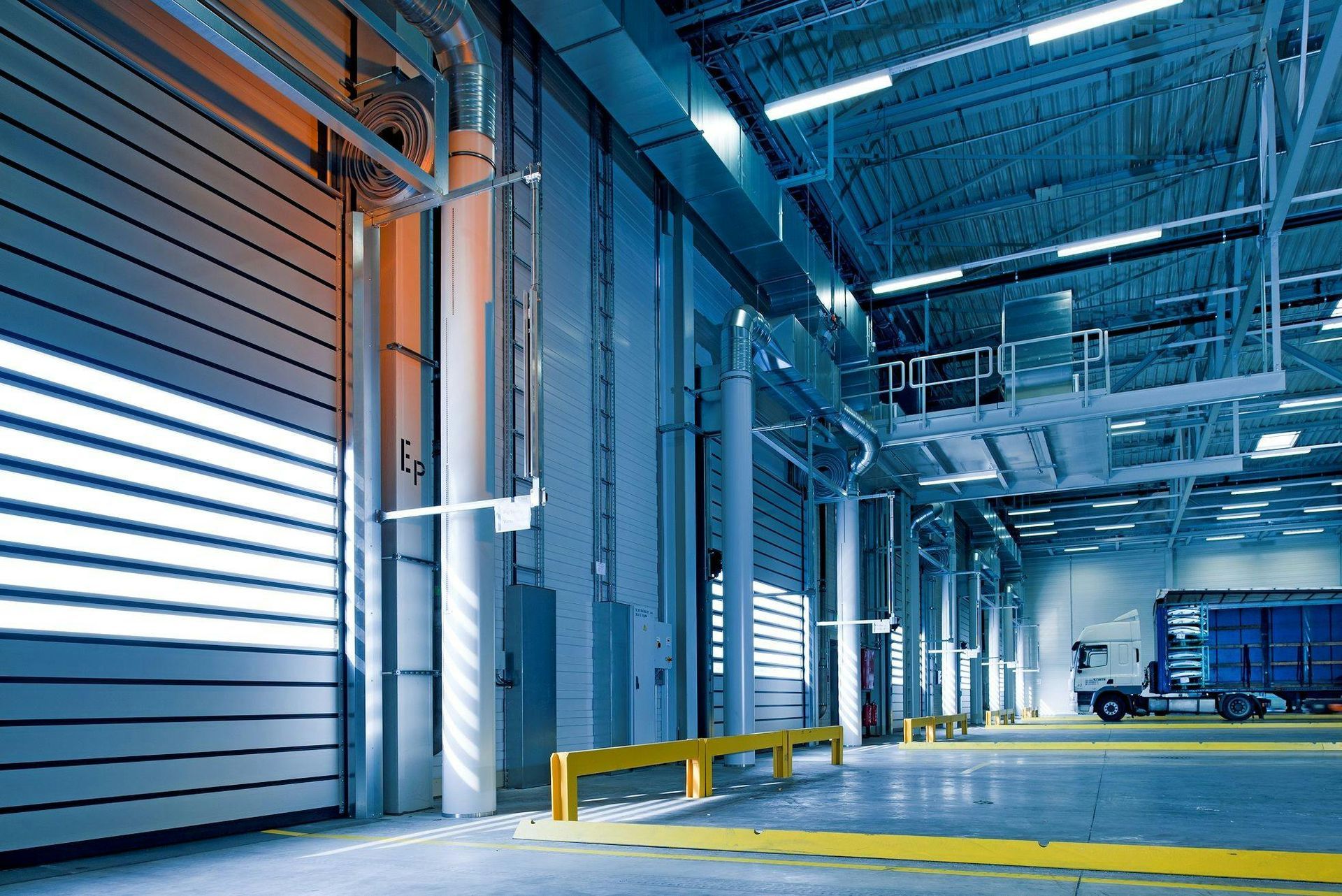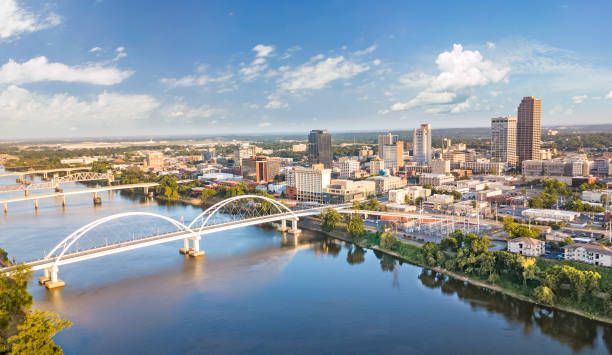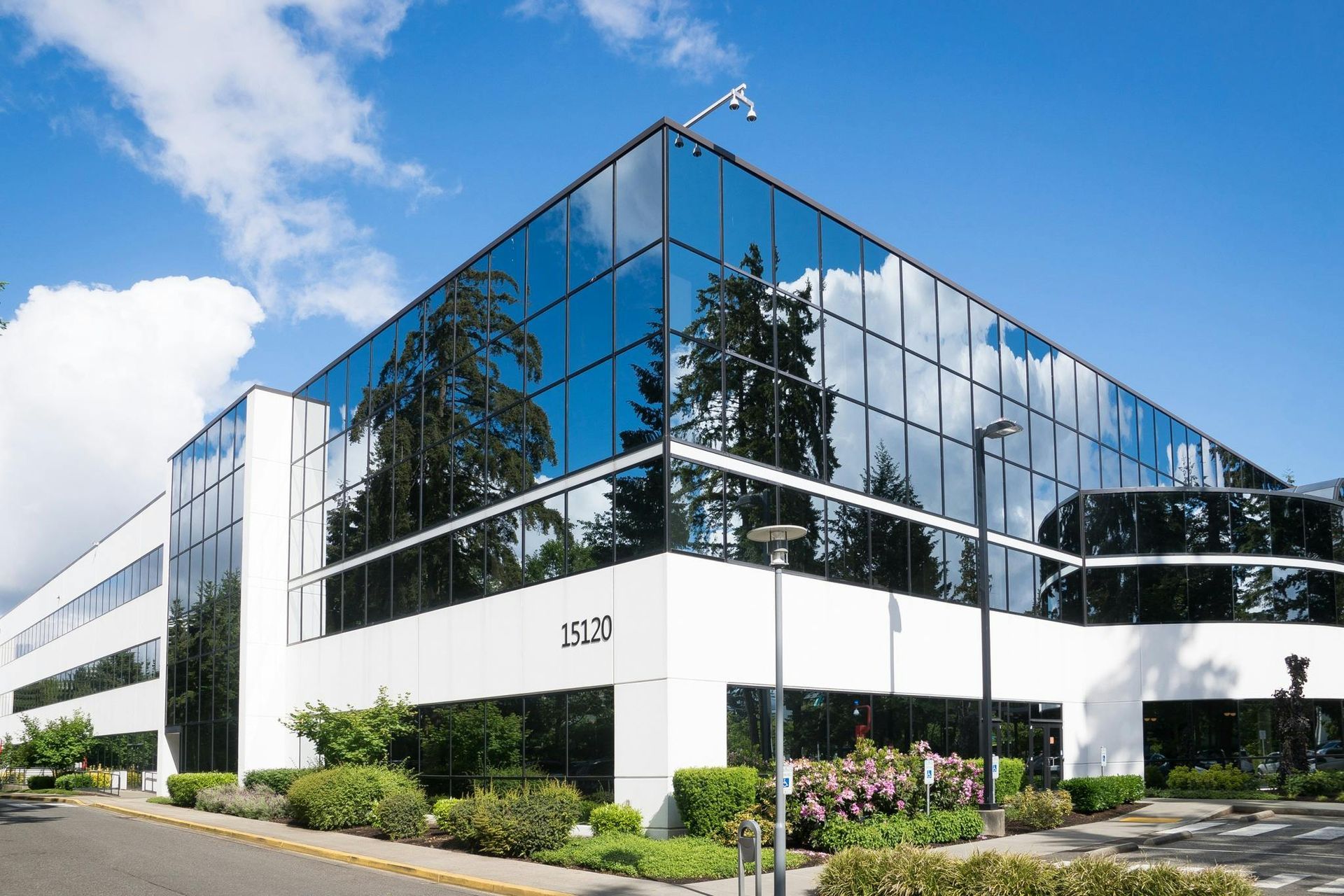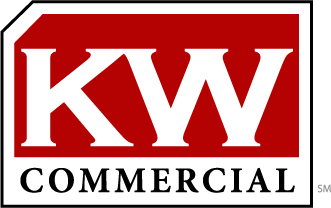The Future of Industrial Real Estate: What Investors Should Know
As Arkansas continues to attract attention from a diverse range of industries, the industrial real estate market is poised for significant growth.

From advancements in e-commerce to evolving supply chain demands, the future of industrial real estate holds exciting opportunities for savvy investors.
1. The E-Commerce Surge: Demand for Warehousing and Distribution Centers
E-commerce continues to be a major driver for industrial real estate, and Arkansas is no exception. As online shopping grows, so does the need for warehousing and distribution centers to fulfill consumer demand. Strategically located near major transportation routes, Arkansas provides access to multiple logistics hubs, making it an attractive region for companies expanding their supply chain networks.
2. The Rise of Smart Warehouses
Technology is reshaping industrial real estate, particularly in the form of smart warehouses. These facilities integrate advanced technologies like AI, robotics, and IoT to automate operations, optimize energy efficiency, and improve productivity. Arkansas investors are already seeing an uptick in demand for smart warehouses as businesses look to streamline logistics and reduce operational costs.
3. Sustainability Will Be Key
Sustainability is increasingly becoming a priority in industrial real estate development. As companies focus on reducing their environmental footprint, properties that incorporate green building practices—such as energy-efficient lighting, solar panels, and sustainable materials—are gaining traction. In Arkansas, this trend is expected to grow, with more industrial properties aiming for certifications like LEED (Leadership in Energy and Environmental Design).
4. Flexibility in Industrial Spaces
As industries evolve, flexibility in industrial real estate is becoming crucial. Businesses are seeking versatile spaces that can accommodate future growth, shifting production needs, or logistical changes. Whether it’s the ability to reconfigure warehouse space or accommodate different types of tenants, flexibility is becoming a major selling point for industrial properties in Arkansas.
5. The Growth of Arkansas’s Manufacturing Sector
Arkansas has long been known for its strong manufacturing sector, and this industry is set to grow further, thanks to technological advancements and increased automation. Investors should keep an eye on industrial real estate that can cater to this growing demand, especially in areas like North Little Rock, Fort Smith, and Bentonville, where infrastructure supports manufacturing growth.
6. Secondary Markets on the Rise
While major industrial hubs like Little Rock remain hot, Arkansas's secondary markets are becoming increasingly attractive to investors. Cities like Conway, Jonesboro, and Springdale are emerging as key areas for industrial real estate investment due to their lower costs, available land, and proximity to transportation networks.
The future of industrial real estate in Arkansas presents exciting opportunities for investors who are willing to stay ahead of the curve. From the rise of smart warehouses to the growing emphasis on sustainability, the state offers a dynamic market with diverse possibilities.
By understanding these trends and making informed decisions, you can position yourself for success in Arkansas’s evolving industrial real estate landscape.
Ready to invest in the future of industrial real estate in Arkansas? Contact Cassie Wells today to schedule a consultation, and let’s explore how I can help you make the right investment in this rapidly growing market.












